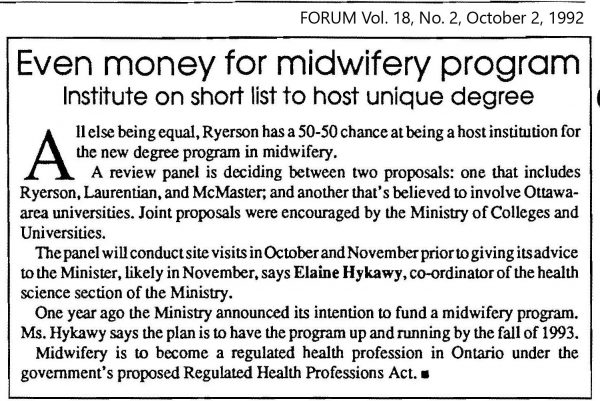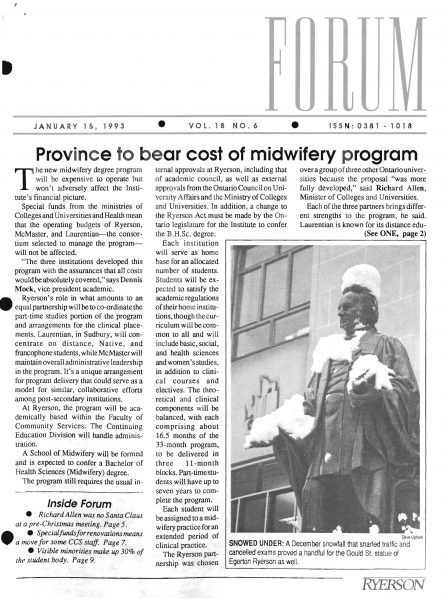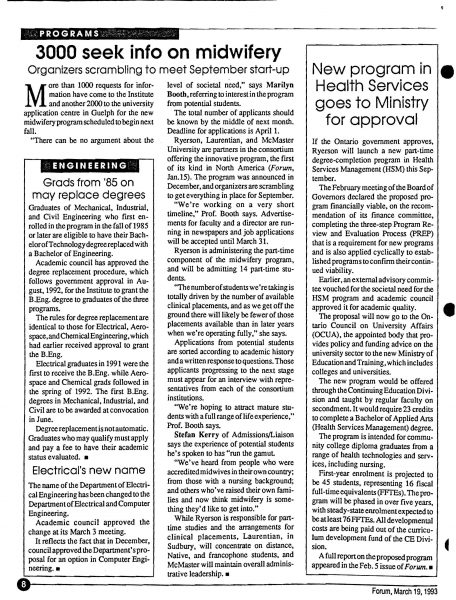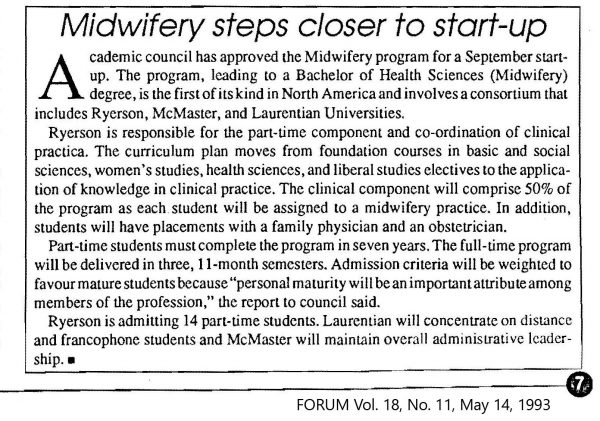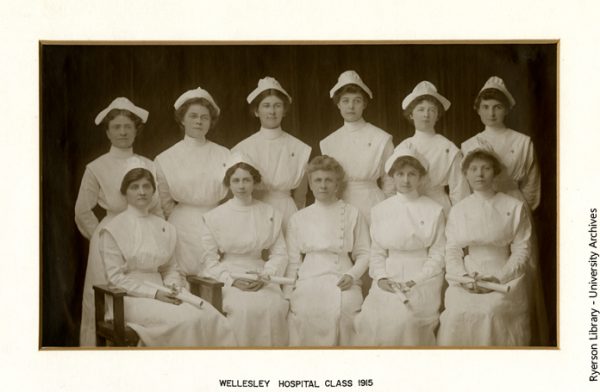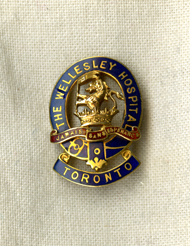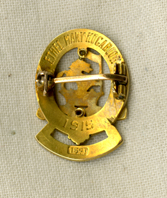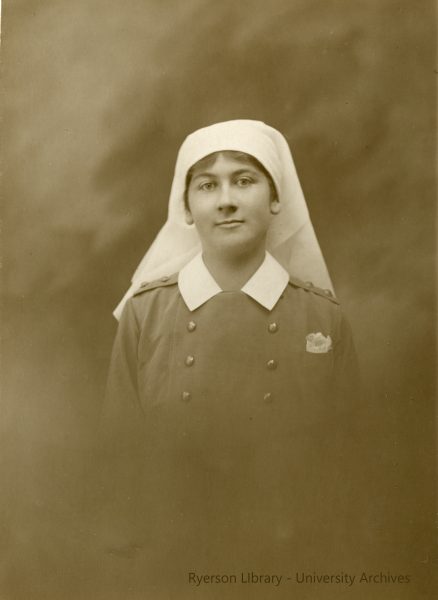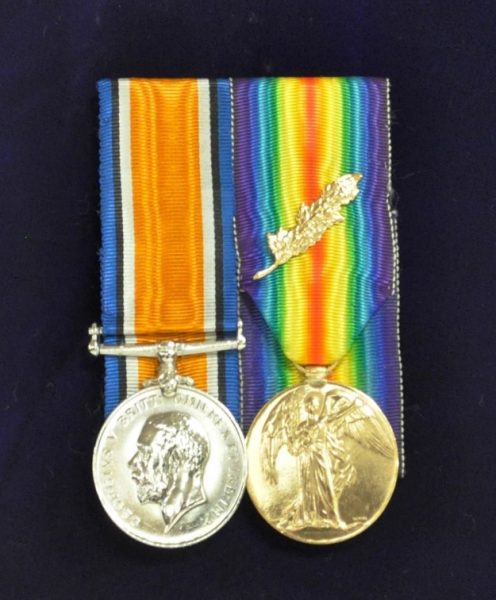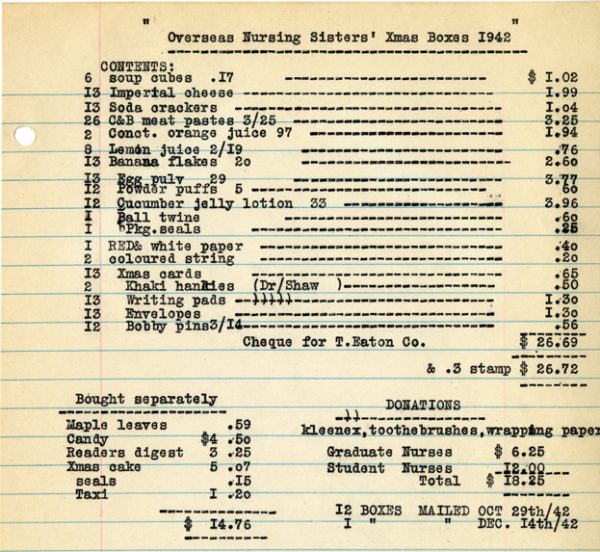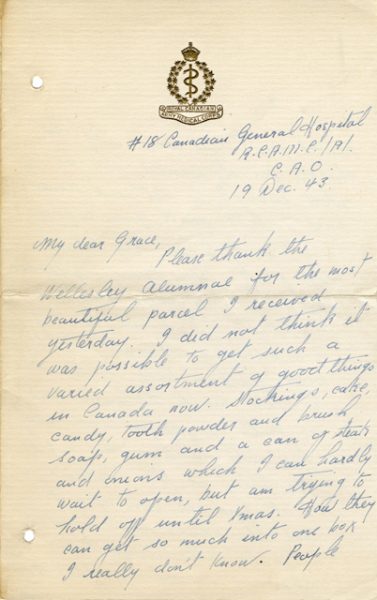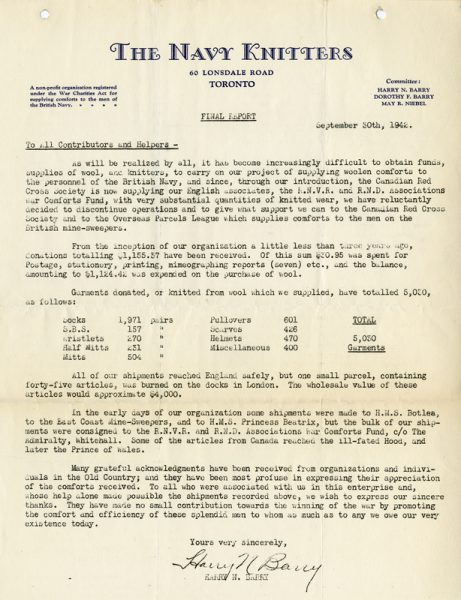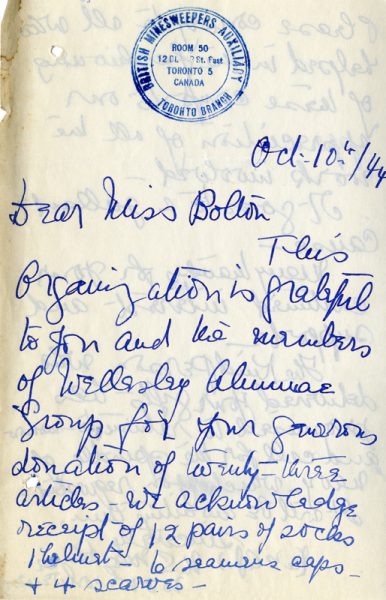Author’s note: The planning for this blog started in November 2019, to tie into exhibits and other events to celebrate the World Health Organization’s declaration that 2020 would be The International Year of the Nurse and the Midwife. At that time COVID-19 was not a known entity and now 5 months later we are in the midst of an international health crisis. We would like to take this moment to recognize Nurses and Midwives for all of their hard work and dedication. The Nurses who care for us and our loved ones on a day to day basis, and those who are working on the front line of this pandemic – Thank you. The Midwives who support and care for their patients and are doing so now during these unprecedented times – Thank you.
The World Health Organization declares 2020 to be the International Year of the Nurse and the Midwife
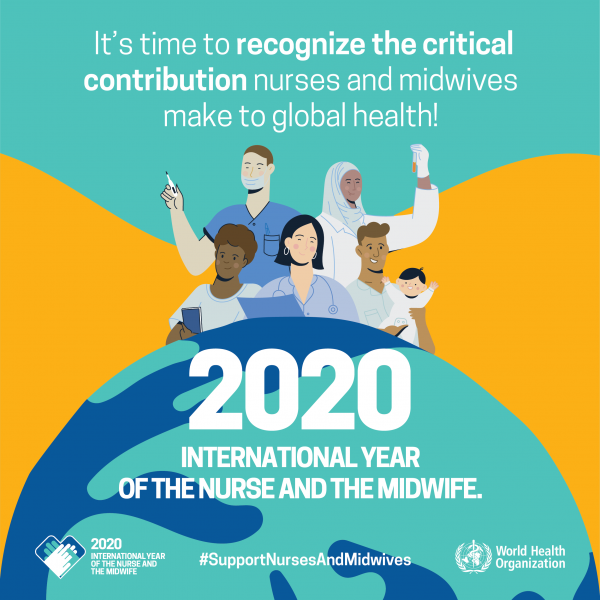
The World Health Organization, in partnership with the International Confederation of Midwives (ICM), International Council of Nurses (ICN), Nursing Now and the United Nations Population Fund (UNFPA), declared 2020 the year of the Nurse and the Midwife – “A year-long effort to celebrate the work of nurses and midwives, highlight the challenging conditions they often face, and advocate for increased investments in the nursing and midwifery workforce” [WHO] . The year was chosen because 2020 also marks the 200th birthday of Florence Nightingale, the founder of modern nursing.
To find out more about the campaign please consult the following web pages:
- World Health Organization
- International Confederation of Midwives
- International Council of Nurses, who have a 2020 Year of the Nurse web portal for sharing COVID-19 stories from the front lines
- Nursing Now International and Nursing Now Canada
- The United Nations Population Fund.
Celebrating the birthday of Florence Nightingale
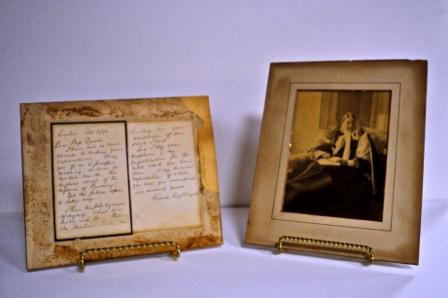
Florence Nightingale (1820-1910) is considered to be the founder of modern Nursing. Florence Nightingale was born in the city of Florence, Italy on May 12, 1820. She began her nursing training in 1850 in Germany, and in 1853 she became superintendent at a women’s hospital on Harley Street in London, England. She is best known for her work during the Crimean War and her resulting work towards improving sanitary conditions in hospitals and beyond. For more information about Florence Nightingale:
- Collected Works of Florence Nightingale portal
- The Florence Nightingale Digitization Project
- Florence Nightingale Museum
International Nurses Day and National Nursing Week declared
In 1971 The International Council of Nurses declared May 12 (Nightingale’s birthday) as International Nurses Day. In 1985 the Canadian Nurses Association advocated that the second week of May every year be National Nursing Week. This year marks her 200th birthday. To find out more about National Nursing Week and International Nurses Day, please visit the following websites:
International Day of the Midwife
First celebrated in 1992, May 5th marks the International Day of the Midwife. The idea of the International Day of the Midwife was proposed at the 1987 International Congress of Midwives by the delegation from Australia. The initiative took some time to go through the UN System, but was formally launched in 1992. For more information on the International Day of the Midwife, please visit the following websites:
Midwifery at Ryerson
Ryerson’s program was founded in 1993 in collaboration with McMaster and Laurentian Universities. The program is offered as both full-time or part-time, as well as having an accelerated post-baccalaureate program for people with a previous degree in a health related field and labour and delivery experience. Ryerson’s first class of Midwives graduated in 1996.
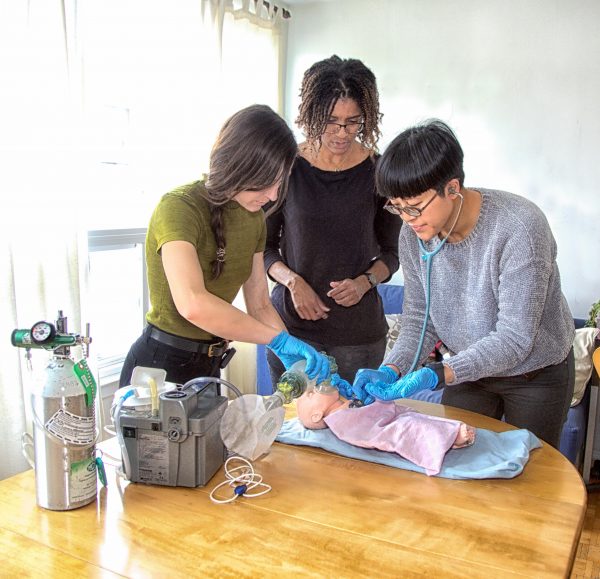
To learn more about the program and to see what we have in Archives and Special Collections, please visit:
Nursing at Ryerson
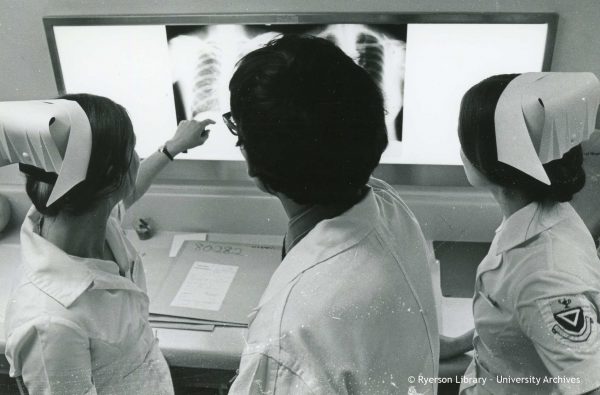
The Daphne Cockwell School of Nursing was founded in 1964. The 3-year Diploma course was endorsed by the Registered Nurses’ Association of Ontario and was the first diploma Nursing Course in Canada to be offered outside of the Hospital nursing schools. It would add other diplomas and certificates during the next decade including post-graduate Nursing programs in Adult Intensive Care (certificate), Pediatric Nursing Program (certificate), and Psychiatric Nursing Program (certificate).
On September 1, 1973, the responsibility for the administration of all Diploma Nursing Programs within the Province of Ontario was transferred from the Ministry of Health to the Ministry of Colleges and Universities. Diploma Nursing Programs formerly operated by hospitals and/or by separately constituted boards in the city of Toronto were transferred to George Brown College and Ryerson Polytechnical Institute. Under this directive, Ryerson’s Diploma Nursing Program was joined by the Schools formerly operated by the Hospital for Sick Children, Women’s College Hospital and Wellesley Hospital.
In 1980, Ryerson first offered a post-diploma degree, followed in 1983 by a part-time degree option. In 2001 they began offering a collaborative nursing degree program with George Brown and Centennial Colleges. Now the school also offers graduate programs – a Masters of Nursing and a Primary Health Care Nurse Practitioner Certificate. To learn more about the Nursing at Ryerson and to see what we have in Archives and Special Collections, please visit:
The Wellesley Hospital School of Nursing
The Wellesley Hospital School of Nursing opened in 1912, with its first class of 10 graduating in 1915.
Upon Graduation, each nurse was given their Wellesley pin. The same style pin was awarded to every Wellesley graduate between 1915 and 1974. What made each pin unique was the Nurses name and date of graduation engraved on the back.
The Wellesley’s first graduates did so in the time of World War I, and not surprisingly 8 out of the 10 graduates enlisted with the Canadian Army Medical Corps. They all served in Field Hospitals and medical units in Europe.
From the beginning, the Wellesley Hospital depended upon its student nurses – they provided the majority of nursing care for the patients in the early years of the hospital. Because of the small size on the Hospital (72 beds), the Nursing students did training at a variety of different hospitals to augment their training. One such relationship was with the Manhatten Maternity Hospital where they were sent for obstetrical training. This relationship lasted from 1915 to 1919 when Wellesley’s obstetrical unit was large enough for adequate training of its own nurses. In 1923 the Ontario government registered the Wellesley school, along with other larger schools in Toronto. This meant the Wellesley Nurses could apply for qualification of Registered Nurse.
The school’s curriculum changed over the years, with 3 major changes occuring. The first occurred in 1942, when nursing theory and nursing practice were correlated. The second change occurred in 1956 when the 2 year course changed to a 2 year academic program plus one year internship on the wards. The final change occurred in 1970 when the course was made 2 years with the third year interns were paid for their work and able to live outside of the Nursing residence.
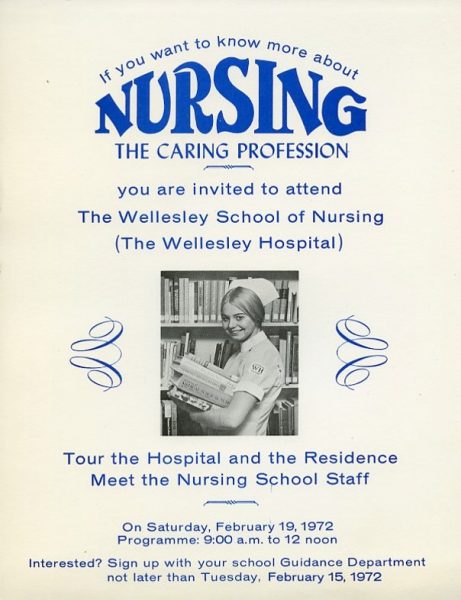
The Nursing school remained in operation until 1973 when it amalgameted with Ryerson Polytechnical Institute School of Nursing. The Wellesley satellite site remained open until 1975, when the last class of Wellesley nurses graduated.
To learn more about Nursing during World War I, and to see what else we have in the Wellesley Hospital School of Nursing sous-fonds visit:
- Personnel Records of the First World War (Library and Archives Canada)
- The Call to Duty: Canada’s Nursing Sisters (Library and Archives Canada)
- The Wellesley Hospital School of Nursing sous-fonds (Toronto Metropolitan University Archives ahd Special Collections)
The Wellesley Hospital School of Nursing Alumnae Association and World War II
During World War II The Wellesley Hospital School of Nursing Alumnae Association were active in supporting their Nursing sisters, as well as the Wellesley Hospital doctors, that were serving overseas.
They were also active in supporting other charities that supplied goods to those serving in the Canadian Forces.
In 2005, with the closure of the Wellesley Hospital, the Alumnae Association donated their Archival collection to Ryerson’s School of Nursing. It was transferred to the Toronto Metropolitan University Archives in 2011, along with an endowment to support the collection. The alumnae association established an endowment fund in 2006 that supports an award for Daphne Cockwell School of Nursing graduate students. The Alumnae Association is still active today and can be reached by email at thewellesleyschoolnsgtoronto@gmail.com
To learn more about the Alumnae Association and to see what else we have in The Wellesley Hospital School of Nursing Alumnae Association sous-fonds visit:
- Nursing Alumnae Assocations (Daphne Cockwell School of Nursing)
- The Wellesley Hospital School of Nursing Alumnae Association sous-fonds (Toronto Metropolitan University Archives and Special Collections)
We hope you have enjoyed looking through our celebration of Nursing and Midwifery. Here are some additional websites that might be of interest:
- Canadian Nursing History Collection online (Canadian Museum of History)
- Midwives Chronicle: The Heritage Blog of the Royal College of Midwives
- The History of Midwifery in Canada (Memorial University)
- Midwifery Task Force of Ontario archives (University of Ottawa)
